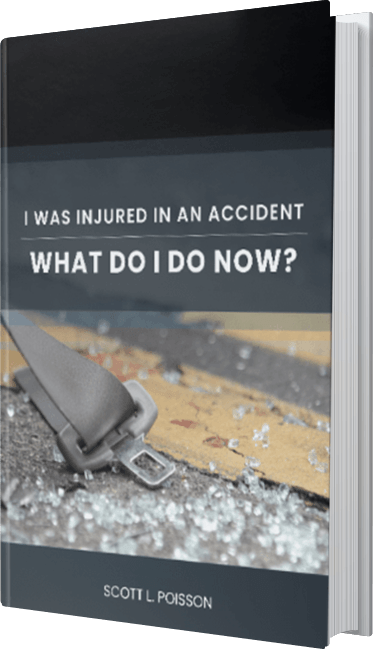For-Profit Nursing Home Care On The Rise In The United States
February 27, 2013
Years ago, if you moved a loved one who had become ill or who had advanced in age into an assisted living facility, chances are the money that was paid for their care went to some sort of non-profit organization or even to some government agency that existed on some level. In recent years, people who have been spending money on assisted living facilities have been paying corporations for this ongoing service, and many people see this trend as a problem for several different reasons. Recently, Bloomberg News completed a thorough investigation of the nursing home industry in the United States. It found that approximately 70 percent of the nursing homes in the United States were owned or otherwise controlled by for-profit corporations. In addition, nearly 80 percent of the revenue that was generated by nursing homes in the United States in 2012 was earned by these for-profit entities. That actual number stood at more than $100 million. That represented an increase by six percentage points from one decade earlier. It should be said that there is nothing inherently wrong with corporations owning and managing assisted living facilities. Many of them provide the same level of care and oversight that was provided by anyone else.
However, the number of cases of nursing home abuse and neglect has also been on the rise in the United States in recent years, and many people are pointing to the profit motive as a potential reason for this growing problem. When a corporation runs this type of a facility, it is faced with several decisions that may pit the interests of a resident against the interests of profit. When a corporation makes the decision that leans towards profit, the resident will suffer. Examples of these decisions include costs that are paid for food and for the staffs that are hired to deal with these residents on a daily basis and make sure that they are kept as safe as possible. These decisions represent an inherent conflict of interest.
Unfortunately, this growth in for-profit ownership also means that when people are abused or neglected in this setting that they will soon be facing a corporation and all of its resources if that person or that resident’s family decides to fight for their legal rights. These resources include highly skilled defense attorneys and experts whose job is to shield that corporation from liability. People who attempt to handle these situations by themselves often face a legal mismatch that makes it extremely difficult to obtain justice. People who are mistreated in nursing homes often pay an extremely heavy price, and too many of them pay the ultimate price. Those who are subjected to this treatment need to be able to hold those responsible for it accountable, and doing so may require the help of professionals who understand how to achieve a positive result. If you have suffered in this manner, contact the Las Vegas nursing home abuse lawyers at High Stakes Injury Law today to schedule a free initial consultation.
Get A 100% Free Case Evaluation
From A Top-Rated Personal Injury Attorney
Call: (702) 707-5934 or Contact Us Online
$9M
Settlement / Auto Accident
$5.1M
Settlement / Tire Explosion
$3M
Settlement / Truck Accident
01
02
03
04

I Was Injured In An Accident.
What Do I Do Now?
By Scott L. Poisson

Do I Have A Case?

Dealing With The Insurance Company

When a Lawsuit Is Filed

Overcoming Common Defense Themes

Special Considerations in Specific Types of Cases
